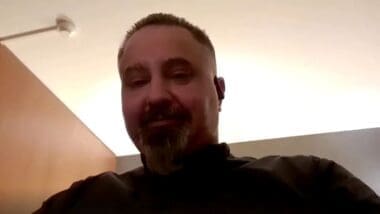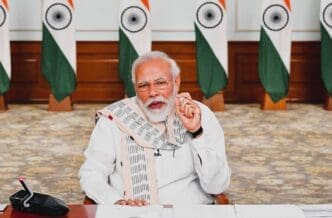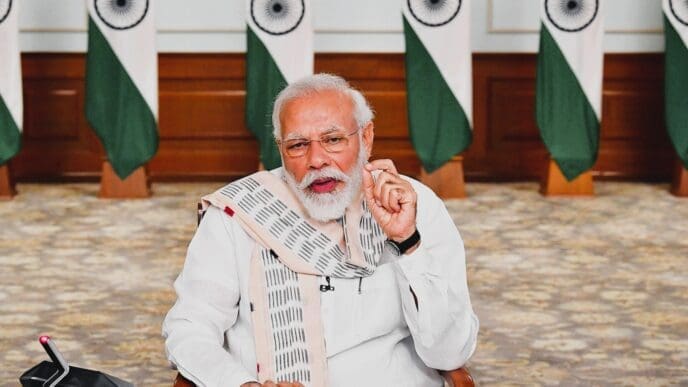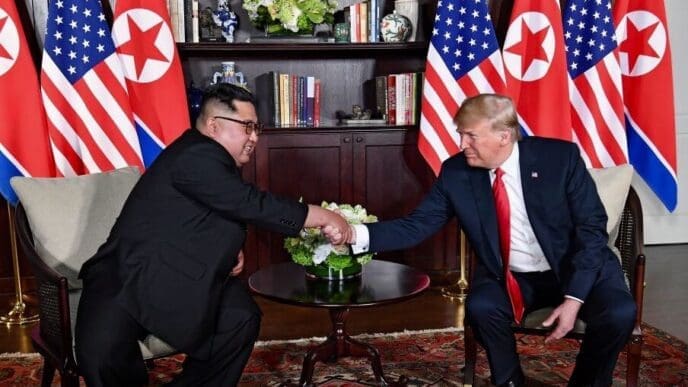The perpetrator, Taleb Al Abdulmohsen, known for sharing advice on escaping oppressive regimes, attacked a Christmas market in Magdeburg, leaving five dead and over 200 injured. Arrested at the scene, the 50-year-old psychiatrist, originally from Saudi Arabia, was found to have isolated motives, according to the authorities.
Having moved to Germany in 2006, Al Abdulmohsen initially expressed appreciation towards the country. However, over recent years, his dissatisfaction with Germany’s immigration policies became apparent. His darkening perspectives mirrored Germany’s tightening border control post-2015, after welcoming over a million Middle Eastern refugees. This led to his vocal disapproval of Germany on social media, where he renounced Islam and sympathized with the Alternative for Germany party.
On his platform, Al Abdulmohsen posted threats against Germany and its people, alarming authorities. His statements included declarations such as ‘German terrorism will be brought to justice’ and intentions of engaging in potential violence as a response to perceived hostilities against him.
Despite warnings to German authorities from Saudi Arabia dating back to 2007 about Al Abdulmohsen’s radical views, including multiple formal notifications, such alerts were seemingly unheeded. These communications from Saudi officials highlighted concerns over his increasing radicalization and certain expressions that provoked fears about his threat potential.
Professionally, Al Abdulmohsen worked as a psychiatrist in various capacities. His recent absence from his position at a correctional facility raised further questions. German authorities are now re-evaluating past oversight in light of this incident, considering his erratic behavior and radicalized online presence.
The suspect had a contentious relationship with the Atheist Refugee Relief, a German NGO supporting asylum seekers from oppressive regimes. He accused them of undermining his efforts and made claims that led to legal disputes over defamatory online posts, resulting in ongoing legal proceedings.
Recent interactions with media, including aggressive messages to news channels, reflect his increasing frustration with challenges to his advocacy and the lack of response to his extremities posed on social media, which were not fully recognized before his violent act.
The tragedy at the German Christmas market has highlighted concerning oversights in addressing radicalized rhetoric online. As investigations continue, the incident underscores the importance of monitoring social media for extremist threats to prevent future tragedies.













